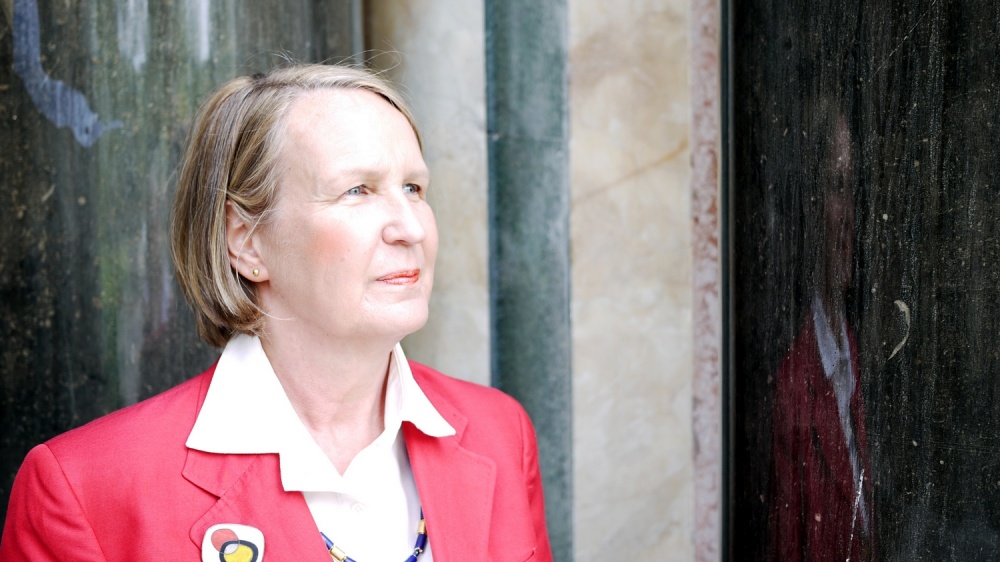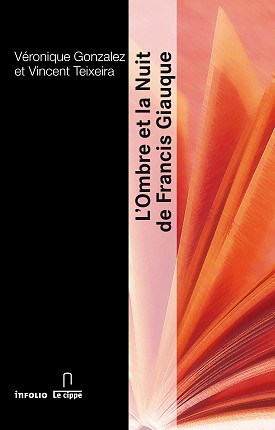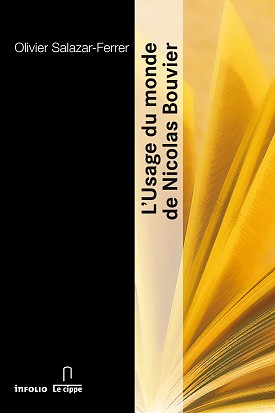Marie-Claire Gérard-Zai
Professor of Francophone language and literature at the University of Fribourg and former member of the editorial board of the Office du Livre.
Over history, geography changes. So do languages: history never stops making the linguistic landscape. From this perspective, French language was subjected to Celtic and Germanic influences, then to all its numerous contacts around the world and through history. This evolution of the French language fascinates me whether it occurs in its native lands or outside its cradle. In French speaking Switzerland for example, the French that is spoken has been kept alive as a vocabulary that is rooted in a wealth of specific heritages, each with their own lost sonorities. The challandes (Christmas) or l’escoffier (cobbler) from the Middle Age are specific to the region, as well as the bordier (resident), the gouille (puddle) or the foyard (beech tree). Long live the French language for its fullness and multiplicity!
Born in 1945 in Fribourg (Switzerland) and living in Pully (Lausanne), Marie-Claire Gérard-Zai studied philology in Vienna, Florence and Fribourg she studied French and German literatures. She completed her PhD in the United States and was a post doctorate fellow at Indiana State University. Before becoming a Professor at the University of Lausanne, and then Professor of Francophone medieval literature at the University of Fribourg, she was a member of the editorial board of the Office du Livre and teaching at the French Institute in Fribourg. Member of the board of Medieval Studies and author of numerous publications and editions (among others on XVth century theatre and Occitan lyricism), she has always kept in touch with contemporary literary production, specifically Swiss, and Francophone and Ticino creation (Plinio Martini, Chasse aux sorcières [1989], trans., from Italian and preface by Marie-Claire Gérard-Zai, Editions de l’Aire, coll. L’Aire bleue, 2009.)



